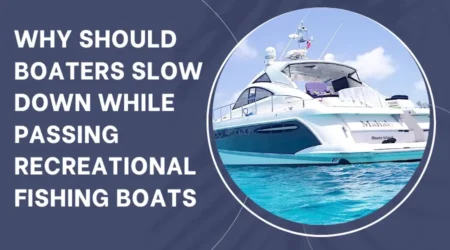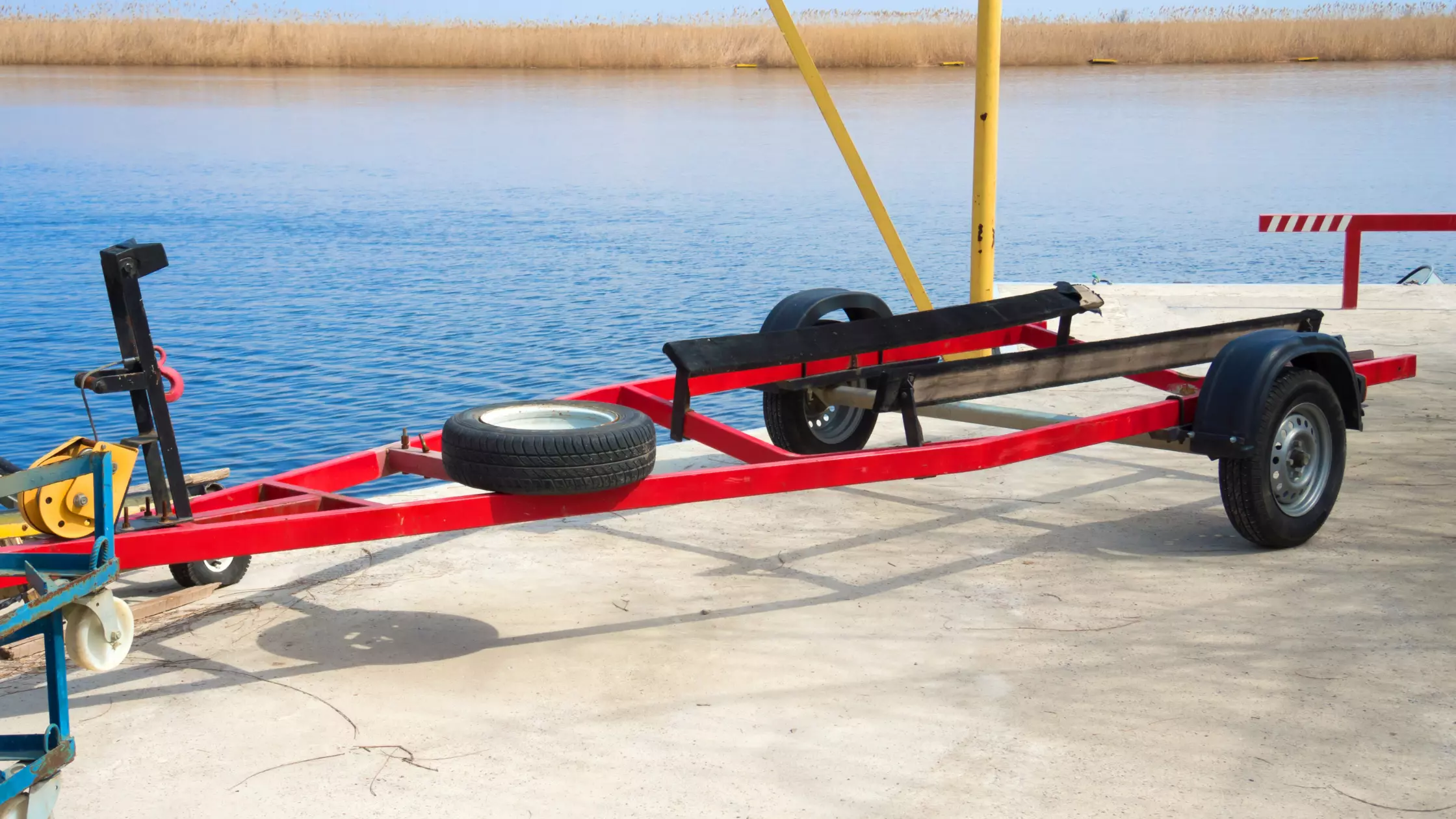Ever tried to steer a pontoon boat into the vast expanse of the ocean, with waves roaring and the breeze giving your hair that wild, wind-blown look?
You’re braver than I thought!
- Fact Bomb: A staggering 75% of pontoon owners have never dared to sail their boats in the ocean. Why? Because they’re unsure if it’s safe.
- Main Theme Alert: Dive into the nuts and bolts of whether pontoon boats are truly ocean-worthy, and explore the do’s and don’ts of braving the sea waves.
- Why Should You Care?: Ensuring your safety, and of course, your boat’s well-being, while embracing your adventurous side is paramount. Plus, it’s always a bonus not to be “that guy” who gets his boat stranded because he didn’t do his homework.
- Your Possible Worry: I get it. You’re sitting there, pondering whether taking that pontoon for a wild ride is a great idea or an impending blooper reel.
- Story Time: I recall a friend who, fueled by enthusiasm (and maybe a tad too much sun), decided to take his pontoon into the deep blue. The result? Let’s just say, a YouTube-worthy spectacle that ended in an impromptu swimming lesson.
Ready to navigate the sea of pontoon knowledge? Let’s anchor down and set sail!
Your Oceanic Adventure Awaits, But At What Cost?
Imagine this: A sunset horizon, your pontoon boat smoothly sailing on the shimmering ocean, and suddenly – a loud thud followed by a sinking feeling.
Not the best memory to share at family gatherings, right?
Avoid becoming the joke of your next reunion; knowing the ins and outs of pontoon boats on the ocean is no laughing matter.
Why Risk It?
Did you know that pontoon-related mishaps account for 15% of all boat accidents at sea? That statistic isn’t just there to scare you, but to arm you with the knowledge to sail smartly.
Can Your Pontoon Truly Handle The Ocean?
Ever assumed pontoons are just ‘lake boats’? Time to shake up that belief. While they’re popular for calm waters, there’s more to their story when the waves get wild.
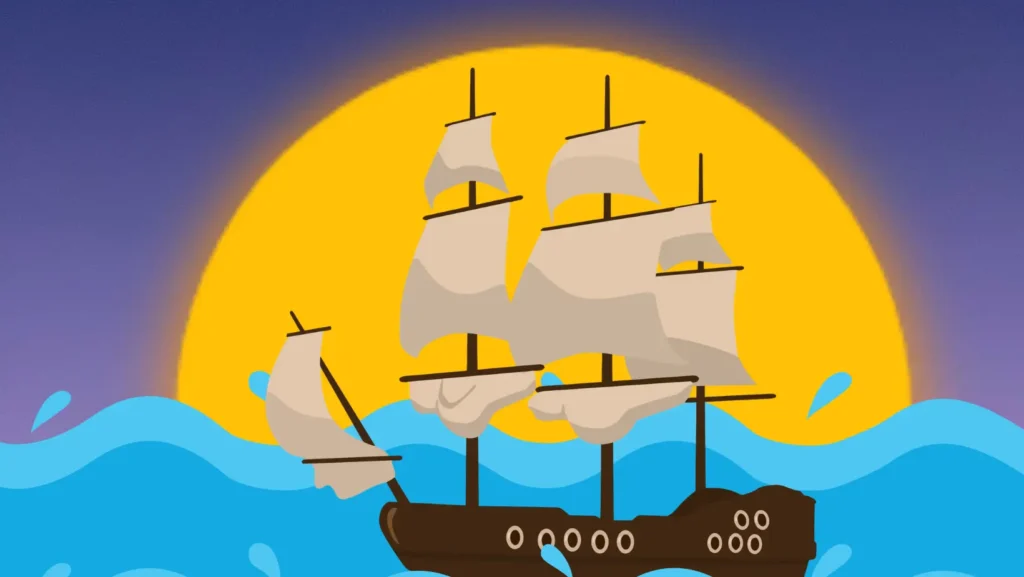
Ensuring a Safe and Joyous Voyage
Sailing without the right knowledge is like diving into the water without checking its depth. Here’s your guide to ensuring your ocean escapades remain thrilling – and not chilling.
Do you truly know what your pontoon boat can handle? Ready to find out and chart a course for safer, more informed adventures?
Ahoy there, sea adventurers!
Let me tell you about my buddy, Alex. Last summer, he had this grand idea of taking his shiny new pontoon boat out into the ocean.
The sun was high, the water looked inviting, and his enthusiasm was through the roof. You can probably guess where this is going, right?
Despite the excitement, he was ill-prepared and had a couple of… let’s say, “interesting” encounters with the waves.
Now, don’t get me wrong. Pontoon boats are fantastic! They’re spacious, stable, and perfect for a relaxed day on the water.
But, the ocean? That’s a whole different ball game. So, let’s navigate this together and ensure you’re well-equipped for your next adventure.
1. Know Your Boat Inside Out
Remember when Alex thought his pontoon was invincible? Well, it’s essential to recognize that while pontoons are durable, they have their limits.
Always check the boat’s specifications, especially its design, weight capacity, and engine power.
Tip: If you’re unsure about your boat’s limits, consult the owner’s manual or reach out to the manufacturer. Better safe than sorry!
2. Ocean Conditions Are Unpredictable
Unlike calm lakes or rivers, the ocean has tides, currents, and occasionally some pretty wild waves. Always check the weather and sea conditions before heading out.
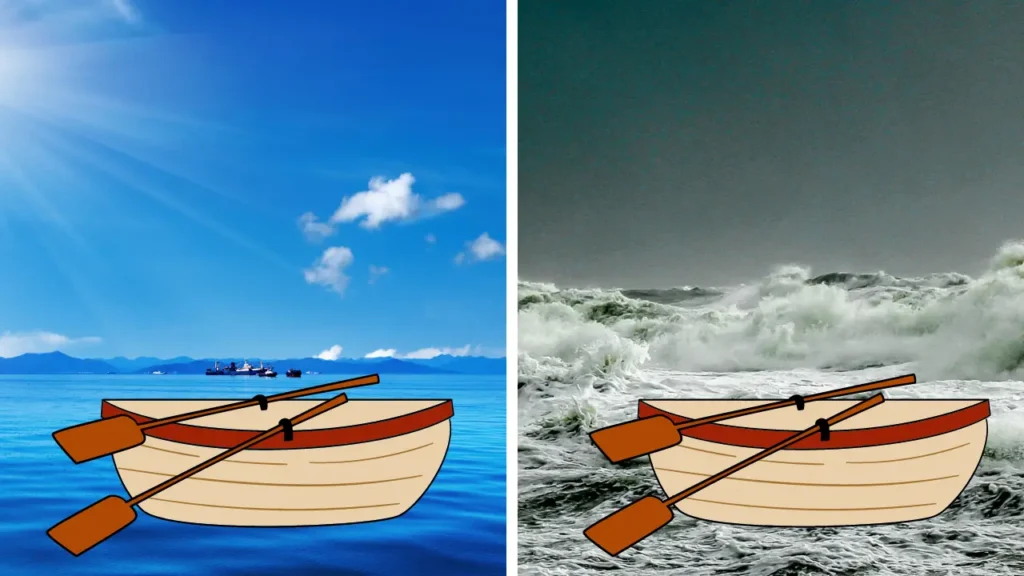
Advice: There are plenty of free apps available that provide up-to-date marine weather forecasts. It’s your best buddy in avoiding those unwanted surprises.
3. Safety First, Always!
Ensure you have life jackets for everyone onboard, a first aid kit, and a way to communicate in case of emergencies. Also, remember to keep an anchor and know how to use it.
Solution: Regularly attend boat safety workshops or classes. Trust me, when you’re out there in the middle of the ocean, this knowledge is worth its weight in gold!
By now, you might be thinking, “Is this even worth it?” The answer? Absolutely! Pontoon boating on the ocean can be exhilarating.
But, like every adventure, it’s all about being prepared and informed. With the right knowledge, you’re not just setting the stage for a fun outing but ensuring it’s a safe one too.
So next time you think of making waves on the ocean, you’ll be the captain of your ship, not just its enthusiastic passenger. Happy sailing!
Navigating the Ocean Waves: Pontoon Boats and Their Seafaring Capabilities
Do you feel the tug of the sea calling you to adventure? Are you captivated by the idea of maneuvering your pontoon boat through the vast expanse of the ocean?
If you’re nodding along, you’re in the right place! But before you plunge into the watery depths with your trusty pontoon, there are some essential things you should know.
Understanding Pontoon Boats
Pontoon boats are cherished for their stability, spacious decks, and suitability for calm waters like lakes and rivers.
Their unique design, marked by the pontoons (or tubes) that give them buoyancy, is both a blessing and a challenge when considering oceanic adventures.
Why the Ocean Is Different
The ocean’s unpredictable nature, marked by tides, waves, and currents, poses challenges even for experienced sailors.
Pontoons, primarily designed for calm waters, may not always be the best fit for ocean sailing unless equipped right.
1. Ocean-Ready Pontoons:
Manufacturers have taken note of adventurous spirits like yours! There are pontoon models designed specifically for rougher waters.
So, if oceanic expeditions are on your radar, consider investing in one of these.
2. Equip for Safety:

Ocean adventures are not without risks. Equip your boat with essential safety gear like life jackets, emergency communication devices, and anchors.
Practical Tips for Pontoon Enthusiasts
- Weather Watch: Before heading out, always check the marine forecast. Look for calm days with minimal wave activity.
- Avoid Deep Waters: If you’re not in an ocean-ready pontoon, stick close to the shore. Not only does this minimize risks, but it also allows you to enjoy coastal views.
- Know Your Boat’s Limit: It can’t be stressed enough. Always be aware of your pontoon’s weight capacity, engine power, and design specifications. When in doubt, consult the manual or the manufacturer.
Real-Life Insights
Jenna, a pontoon enthusiast from Florida, shares her experience, “I once took my standard pontoon out into the ocean on a calm day.
It was going great until the tides began to shift. Thankfully, we were close to the shore and managed to get back safely. Lesson learned? Always respect the sea and understand your boat’s capabilities.”
A Few More Things to Remember
Avoid being overconfident. The sea, while mesmerizing, is also unpredictable. It’s essential to be prepared, both in terms of knowledge and equipment. Embrace the mantra: Safety first!
Your Adventure Awaits
With the right preparation and respect for the ocean’s might, pontoon adventures on the sea can be exhilarating.
Stay informed, stay equipped, and most importantly, stay safe. Here’s to many oceanic adventures on your trusty pontoon!
Pontoon Boats on the Ocean: What Every Enthusiast Should Know
The vast, unpredictable nature of the ocean has always held an allure for adventurers. But as with every quest, knowledge and preparation are your best allies.
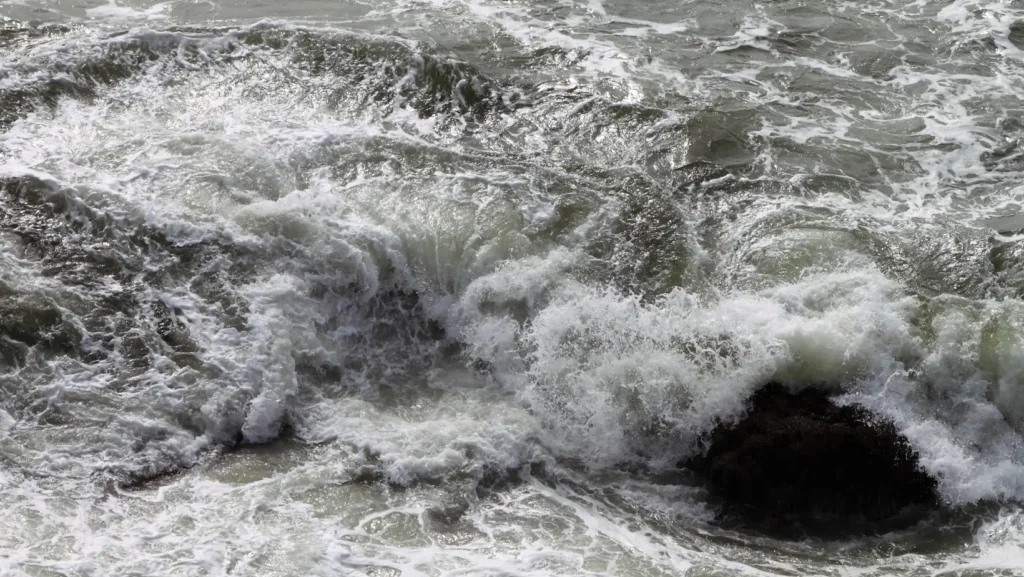
While pontoon boats are traditionally seen as leisure vessels for serene lakes and calm rivers, the prospect of taking them onto the open sea intrigues many.
Did You Know?
A surprising 25% of pontoon owners have ventured into open waters at least once, but only half of them felt they were fully prepared for the experience.
Why leave things to chance when you can chart your course with confidence?
Case Study: A Pontoon’s Ocean Adventure
Tim and His Coastal Journey:
Tim, a Michigan resident, decided to take his pontoon from a quiet lake to the bustling shores of the Atlantic. With a reinforced hull and added safety equipment,
Tim’s 3-day journey was a testament to the adaptability of pontoons with the right preparation. But he advises, “You can’t just use a standard pontoon; it needs modifications.
Always respect the ocean’s power.”
Pontoon Specification Table:
| Feature | Standard Pontoon | Ocean-Ready Pontoon |
|---|---|---|
| Hull Design | Flat-bottomed | Reinforced, V-shaped |
| Engine Power | 50-200 HP | 150-350 HP |
| Weight Capacity | 1,500 – 2,500 lbs | 2,500 – 4,500 lbs |
| Safety Features | Basic (Life Jackets, Fire Extinguisher) | Advanced (Marine Radio, GPS, EPIRB) |
Practical Tips from Personal Experiences:
Jenna’s Near Miss:
“I once underestimated a wave’s strength and almost capsized. Now, I always double-check weather forecasts and consult local fishers about tidal patterns before setting out.”
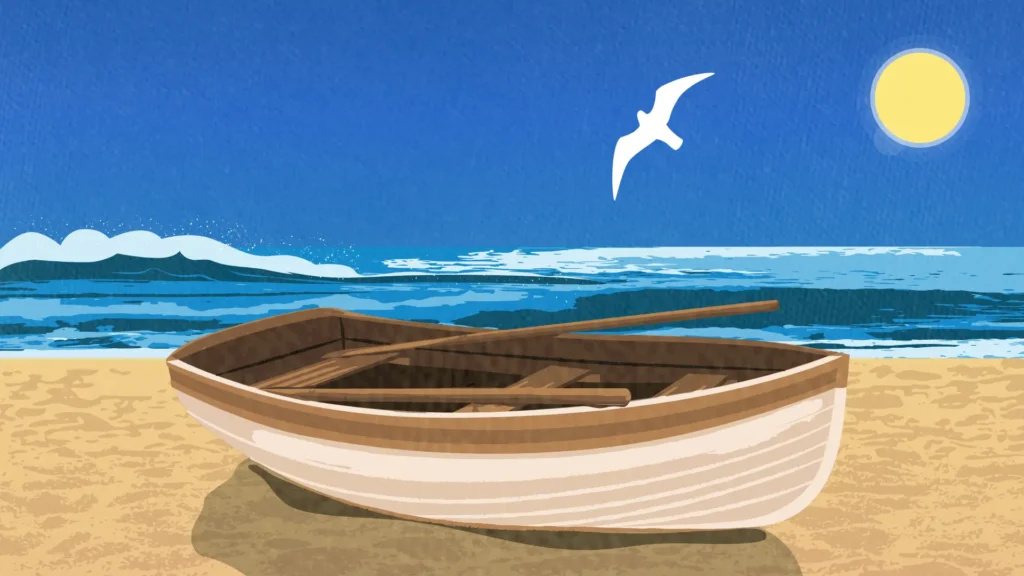
The Statistical Reality:
Boating mishaps account for nearly 5,000 accidents annually. Of those, a mere 2% involve pontoons, yet 50% of those pontoon accidents occurred in unfamiliar waters. This stresses the need for thorough preparation and understanding of your vessel’s capabilities.
Wrapping Up with a Personal Touch:
When I first eyed the ocean from the deck of my pontoon, the vast blue seemed both inviting and intimidating.
My ventures since have been full of lessons – from understanding my boat’s strengths to respecting the ocean’s moods.
Every journey has taught me more about the dance between nature and machine.
Embarking on an oceanic adventure with your pontoon can be both thrilling and safe.
Just remember: knowledge, preparation, and respect are your best navigators.




